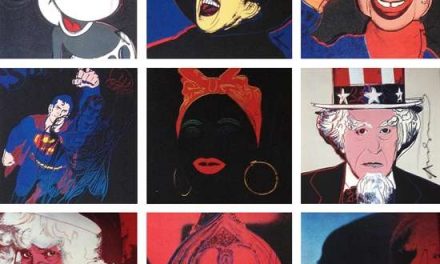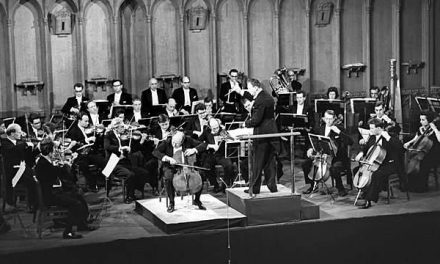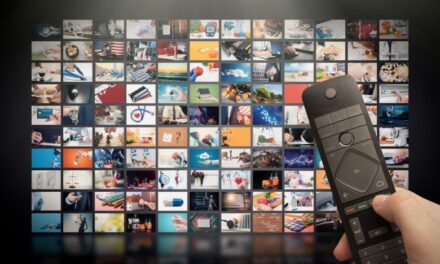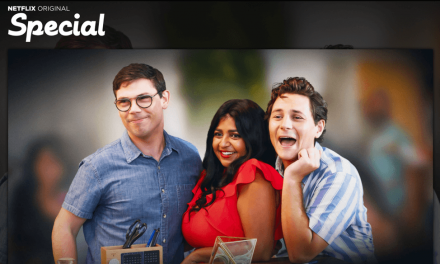Conference Convenors: Carmen Gregori-Signes, Claudia Alonso-Recarte, Miguel Fuster-Márquez, Sergio Maruenda-Bataller
Secretary: Joaquín Primo-Pacheco
We are delighted to announce that the Departament de Filologia Anglesa i Alemanya at the Universitat de València and the Institut Interuniversitari de Llengües Modernes Aplicades de la Comunitat Valenciana (IULMA) will be hosting, on the 19th-21st of October 2022 in Valencia, Spain, the II International Conference on Discourses of Fictional (Digital) TV Series.
This second edition will focus on the representations of Gender and Social Inequality in fictional DTVS narratives and discourses.
Much has changed in the portrayal of individual identities, (hetero)normative families, collectivities and societies in television formats ever since the dawning of small-screen entertainment. We have come a long way in mainstream television from the levity of primetime sitcoms and seemingly edgier serials, as shows have gradually assimilated the cultural and political shifts that have imploded the hierarchical binarisms that have for long structured and determined mass consumption of narratives and social status (male/female; heterosexual/homosexual; white/racial ‘other’; wealthy/poor; human/nonhuman animal; able/disabled; young/old; western/non-western; etc.). Given current socio-political and aesthetic discussions on gender and class-based identity politics and inequality, and the impact of transversal movements such as Me Too and Black Lives Matter, we seek to collectively examine the multiple ways through which DTVS contribute to ongoing conversations about discriminatory practices, stereotypes, discourses, and symbolism. DTVS may engage with ideology and systems of oppression (sexism and homophobia, racism, ableism, ageism, speciesism, classism) and their intersecting apparatuses in any number of ways, such as character development, storylines, cinematographic techniques, intertextuality, spaces and settings, scripted dialogues, audio-visual rhetoric, etc.
We invite scholars to approach the cornucopia of DTVS from their own different methodological fields in order to advance discussions on gender and social inequality from a variety of interrelated perspectives. Researchers and educators from fields such as linguistics, cultural and literary studies, television and film studies, gender studies (including women’s studies, LGBTQI+ studies, and masculinity studies), critical race theory, (critical) animal studies, media studies, disability studies, the medical humanities, ageing studies, and performance studies are particularly welcome. We welcome scientifically sound and original contributions which can be empirical, theoretical or practice based. Proposals may focus on one or on as many series as speakers desire.
Research (sub)topics may include (but are not limited to):
- Multimodal representations of sex, gender and gender-based communities.
- Sexual and gender-based politics. Denunciation of patriarchal discourses, violence and policing.
- Feminist and queer utopias and dystopias.
- Gendered bodies and/or gendered spaces.
- Diachronic and comparative studies on the representation of gender and social inequality.
- Discriminatory systems of oppression and the consumption of the ‘other.’
- Identity politics, (dis)empowerment and agency through dialogue.
- Social inequality as narrative conflict.
- Representations of key historical moments or movements in the struggle against social inequality.
- Experimental narrative or cinematographic techniques and social inequality.
- Gendered representations of illness, age, race, species and/or the (dis)abled body.
- Intersections between the language and conventions of television genres and the fight against social discrimination and oppression.
- Small-screen adaptations and the recreation of gender and social inequality.
- Fandom-related discourses regarding gender and social inequality.
The conference will address series originally produced in English. However, a selection of proposals will be included in the International panel dedicated to TV series in other languages.
The language of the conference is English.
Four types of proposals will be considered:
- Individual papers. Please submit a 300-400-word abstract (excluding references), along with 5 keywords and a short bio-note. Each speaker will be given a maximum of 20 minutes for his or her presentation. More interactive types of presentations are encouraged (as opposed to reading the paper). Abstracts should include theoretical framework, methodological approach, findings and references.
- Round tables. Round tables are to be designed according to a particular topic of debate that is discussed amongst 3 participants (and potentially attendees), all of which bring in different perspectives. The proposal should include the names of the participants and an abstract by the chair (300-400 words) on the development of the round table (summarising previous research, setting the scope of the presentations and including open questions to engage with the audience). 5 keywords and a short bio-note of the participants must also be included.
- Thematic panels. We welcome proposals for complete panels (a maximum of three papers per panel). Please submit three separate 300-400-word abstracts for each one of the contributions.
- Workshops. These should be practical and conducted by professionals and specialists, within the entertainment industry, with experience in DTVS. Please submit a 1000-word description of the topic and the design of the workshop itself.
INSTRUCTIONS
- The language for the proposals and presentations is English.
- Each registered author can submit a maximum of TWO proposals (either individual or shared with other author/s).
- Co-author participants: All the speakers should register and pay the registration fee, even if they plan not to or cannot attend the conference, as a condition for inclusion of their abstract in the conference and in order to get their certificate as participant (co)authors.
- Please do not forget to check the section on Important dates on the website.
- Those authors who have not completed the registration fees by the 3rd of October will be withdrawn from the conference.
Contact email: tvseries@uv.es
Electronic submission of abstracts can be submitted up to the extended deadline of 30 July 2022 through the conference website.






